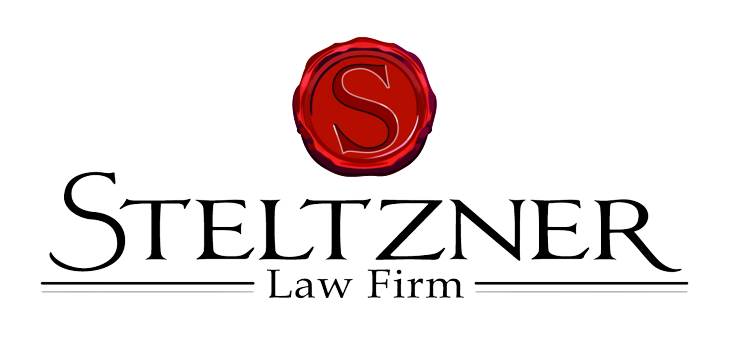Understanding the Probate Process in South Carolina
Probate can be a complicated and time-consuming process, but understanding how it works can help you navigate it more smoothly. This is compounded by the fact that the process may differ depending on which state you live in. In South Carolina, the probate process is the legal process by which a deceased person’s assets are distributed to their heirs or beneficiaries. Now, we understand if you need more information on this. To help you out, here’s everything that you need to know to understand how the probate process works in South Carolina.
Opening an Estate
The first step in the probate process is opening an estate. This involves filing a petition for probate with the probate court in the county where the deceased person lived. The petition must include the deceased person’s will, if there is one, and a list of their assets. If the deceased person did not have a will, the court will appoint an administrator to oversee the probate process. The administrator is usually a family member or close friend of the deceased person.
Inventory and Appraisal
Once the estate is opened, the administrator or executor must prepare an inventory of the deceased person’s assets. This includes all real estate, personal property, and any other assets the deceased person owned. The assets must be appraised by a qualified appraiser to determine their value. This is important because it will determine how much the estate is worth and how much each beneficiary or heir will receive.
Paying Debts and Taxes
Before any assets can be distributed to beneficiaries or heirs, the estate must pay off any outstanding debts and taxes. This includes any mortgages, credit card debt, medical bills, and other outstanding debts. Keep in mind that the estate must also file a final tax return for the deceased person. If the estate earns any income during the probate process, it will also have to file an estate tax return.
Distributing Assets
Once all debts and taxes have been paid, the estate can distribute the remaining assets to the beneficiaries or heirs. If the deceased person had a will, the assets will be distributed according to the terms of the will. If there is no will, the assets will be distributed according to the laws of intestacy in South Carolina. The administrator or executor is responsible for distributing the assets. They must follow the probate court’s orders and make sure that each beneficiary or heir receives their fair share.
Closing the Estate
Once all assets have been distributed, the estate can be closed. The administrator or executor must file a final report with the probate court, showing how the assets were distributed and how much each beneficiary or heir received. From there, the probate court will review the final report and, if everything is in order, will issue an order closing the estate. This officially ends the probate process.
Avoiding Probate
The entire probate process can be a time-consuming and expensive process, so many people try to avoid it if possible. There are several ways to do this in South Carolina.
One way is to create a revocable living trust. This is a legal document that allows you to transfer your assets into a trust while you are still alive. When you die, the assets in the trust are distributed to your beneficiaries without going through probate. Another way to avoid probate is to hold assets jointly with someone else. For example, if you own a house with your spouse, when one of you dies, the house will automatically pass to the surviving spouse without going through probate.
Conclusion
We hope this article helps you gain a better understanding of the probate process. Probate can be a complicated process, but understanding how it works can help you navigate it more smoothly. If you are the executor or administrator of an estate, it is important to work closely with an attorney who has experience in probate law.
If you need attorneys in Rock Hill, SC to help you with the probate process, contact Steltzner Law Firm, LLC. We are proud to provide a wide range of transactional legal services to individuals, partnerships, corporations, private investors, and lending institutions. For any questions, don’t hesitate to reach out to us today!
